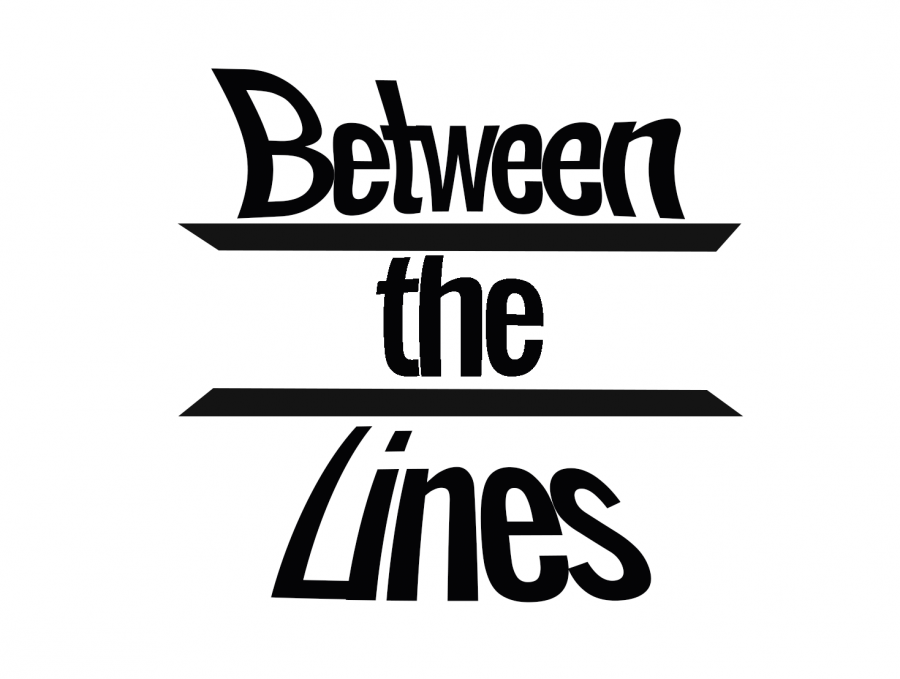Between the Lines: An anti-racist reading list
Illustration by Ethan Gullett
September 16, 2020
1.“Between the World and Me” by Ta-Nehisi Coates
“Between the World and Me” by Ta-Nehisi Coates appeared in 2015 during a pivotal moment for the Black Lives Matter movement. In 163 pages, Coates writes to his teenage son in the form of a letter, a mesh of autobiography, political commentary and non-fiction with a simple take away: “Here is what I would like for you to know: In America, it is traditional to destroy the black body — it is heritage.” He draws inspiration from James Baldwin, following the structural chain of memoir, race commentary and aesthetic wording. He writes to his son in hopes of dismantling his fear of this world and of living in a Black body.
2. “A Black Women’s History of the United States” by Ramey Berry and Kali Nicole Gross
Historians Ramey Berry and Kali Nicole Gross piece together Black women’s narratives in “A Black Women’s History of the United States.” Their history begins with the first Black woman to land on American soil, Isabel de Olvera, in the early 17th century. From here, the narratives continue chronologically, proceeding through the American story of Black womanhood. Many voices are heard: freedwomen, enslaved women, activists, politicians, religious figures, artists and queer women. Berry and Gross create a launch pad for studying Black women’s history and a treatise to the power of Black women.
3. “Are Prisons Obsolete?” by Angela Y. Davis
Angela Davis makes a case for prison abolition in her 2003 collection of essays, “Are Prisons Obsolete?” In six chapters, she illustrates the outdated nature of the prison system and argues for its abolition. She points out the prison-industrial complex and notes that the growth in prisons is not due to a rise in crime but a rise in profit from the prison industry. She argues in favor of a different type of justice system, one where there is no surveillance and there are no prisons or house arrests. She idealizes strategies of decarceration; free drug programs; the decriminalization of race, class and immigrants; and minimizing violence against women. Davis doesn’t support only prison reform but a reform of society entirely.






